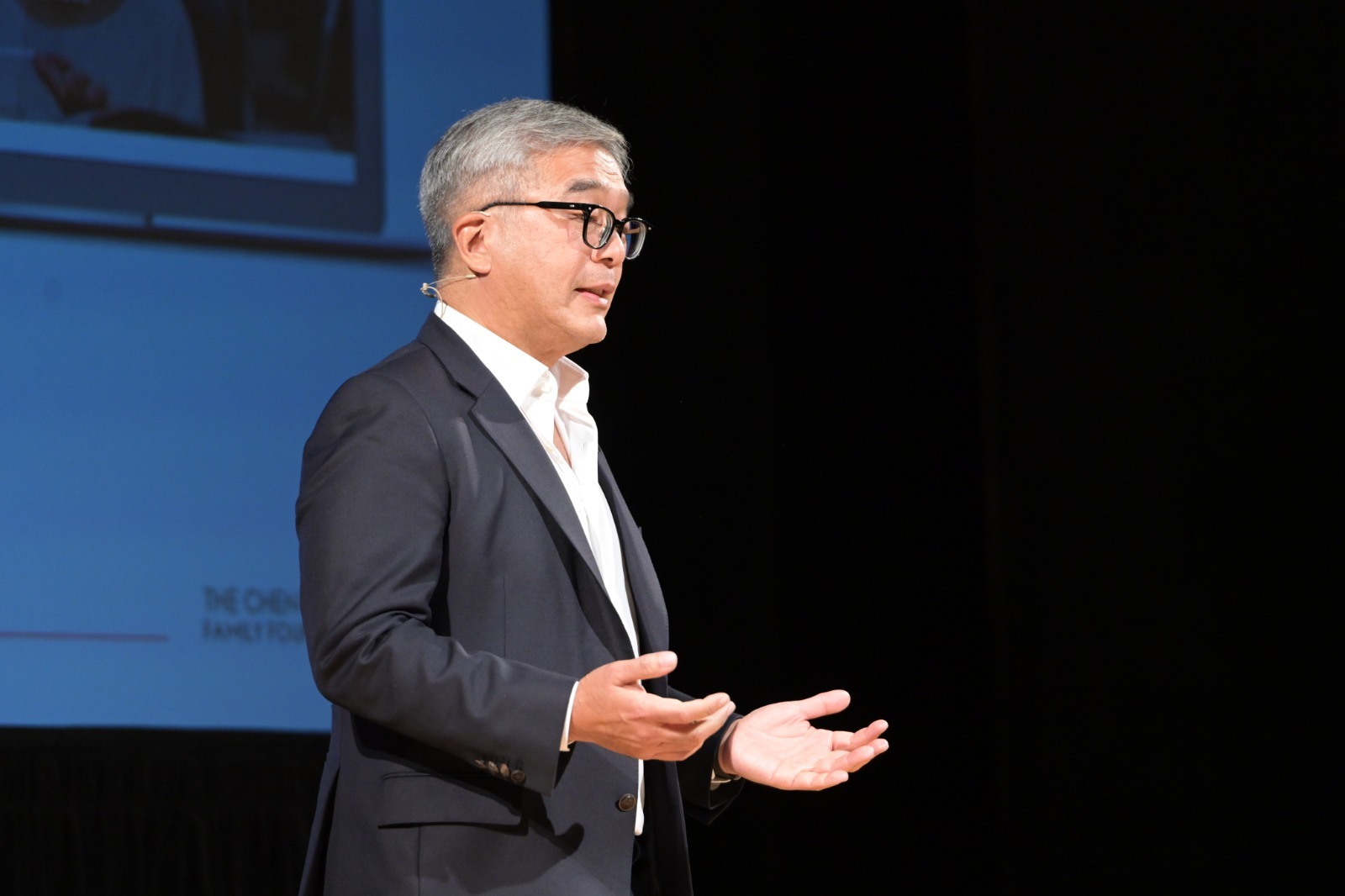Reflecting on World Sight Day 2022
28 November 2022
Last month marked World Sight Day, the international day of awareness to highlight the global issue of eye health. And I was pleased to commemorate this important moment with The International Agency for the Prevention of Blindness (IAPB) as they launched their Love Your Eyes campaign in New York.
With 90% of sight loss preventable or treatable, the Love Your Eyes campaign seeks to highlight the positive impact eye care has on education, economic productivity and safety as well as promoting the importance of eye health for everyone on the planet. Crucially, the campaign wants to see eye health made accessible, available and affordable for everyone by 2030.
As a long standing campaigner on vision and as a global ambassador at the IAPB, I was honoured to be asked to deliver the keynote speech at the campaign event, where I had the opportunity to share my own approach to driving universal access to eye health, and highlight the importance of prioritising vision as a key pillar of the UN’s Sustainable Development Goals.
In my speech I talked about the famous J.F. Kennedy “We choose to go to the Moon” address, and how that has inspired my own moonshot philanthropy journey. A model of audacious leadership, moonshot philanthropy calls on high net worth individuals to invest capital, time and expertise into high-risk, early-stage ideas in order to achieve disruptive impact – a method that I have applied to my own interventions in driving forward access to universal eye care.
This distinct financial independence that moonshot philanthropist’s possess, offers them the runway to persevere through the steep learning curve to develop domain expertise critical to risk taking success. For this reason, I want to see ultra high net worth individuals apply disruptive moonshot thinking to every area of the global development agenda – this involves working with stakeholders and partners over a long period of time to fund the radical ideas that dare to shoot for the moon.
While it is right that we paused to reflect on World Sight Day, poor vision still affects 2 billion across the world every day. 1.1 billion people have a vision impairment that could have been prevented or is yet to be addressed.
Meeting the Sustainable Development Goals – of which good vision underscores so many – is going to require an annual investment of $5-7 trillion, and we are nowhere near this. Ultimately, it will take a collective effort, wealth and expertise to achieve these ambitious goals, and in my view, the deployment of moonshot philanthropy at scale.
I hope that by the time we mark World Sight Day again next year, we will have made great strides in tackling this pressing issue. We can’t afford not to.
You can read the IAPB’s World Sight Day Report – here.

